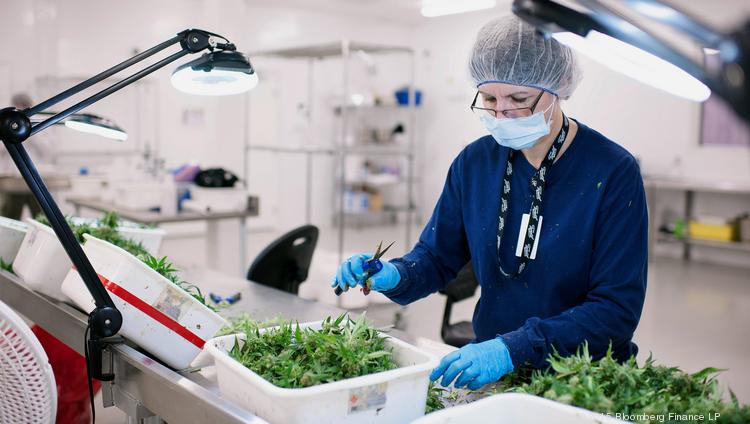The Florida Department of Health is moving
forward with a proposed rule that would allow marijuana growers licensed
under Florida’s medical cannabis laws to use “minimum risk pesticides”
on plants.
The
rule would limit growers' options for managing pests or fungus common
when growing plants, while still offering some options for ensuring
marijuana plants don't fall victim to crop-ruining bugs or
fungus-producing diseases.
There
are currently seven approved medical marijuana growers in Florida, but
that number could grow as Amendment 2 implementation plans are
finalized. Some versions of those plans include access to the market for
additional entrepreneurs.
The U.S. Environmental Protection Agency
had deemed that such pesticides “pose little to no risk to human health
or the environment” and has exempted them from registering under the
Federal Insecticide, Fungicide and Rodenticide Act.
Minimum risk pesticides contain
natural substances often used in various pesticide capacities like
organic oils, citric acid, sodium chloride and malic acid, among others.
The proposed rule
is a continuation of the Amendment 2 medical marijuana implementation
process.
Most rules to date have centered on who can grow, cultivate and
sell medical marijuana, how patients can register to qualify as a
medical recipient and how much of the drug patients can purchase at a
time.
Implementation procedures are being considered by the Florida Department of Health and there are several legislative proposals being considered during this year’s legislative session.


No comments:
Post a Comment